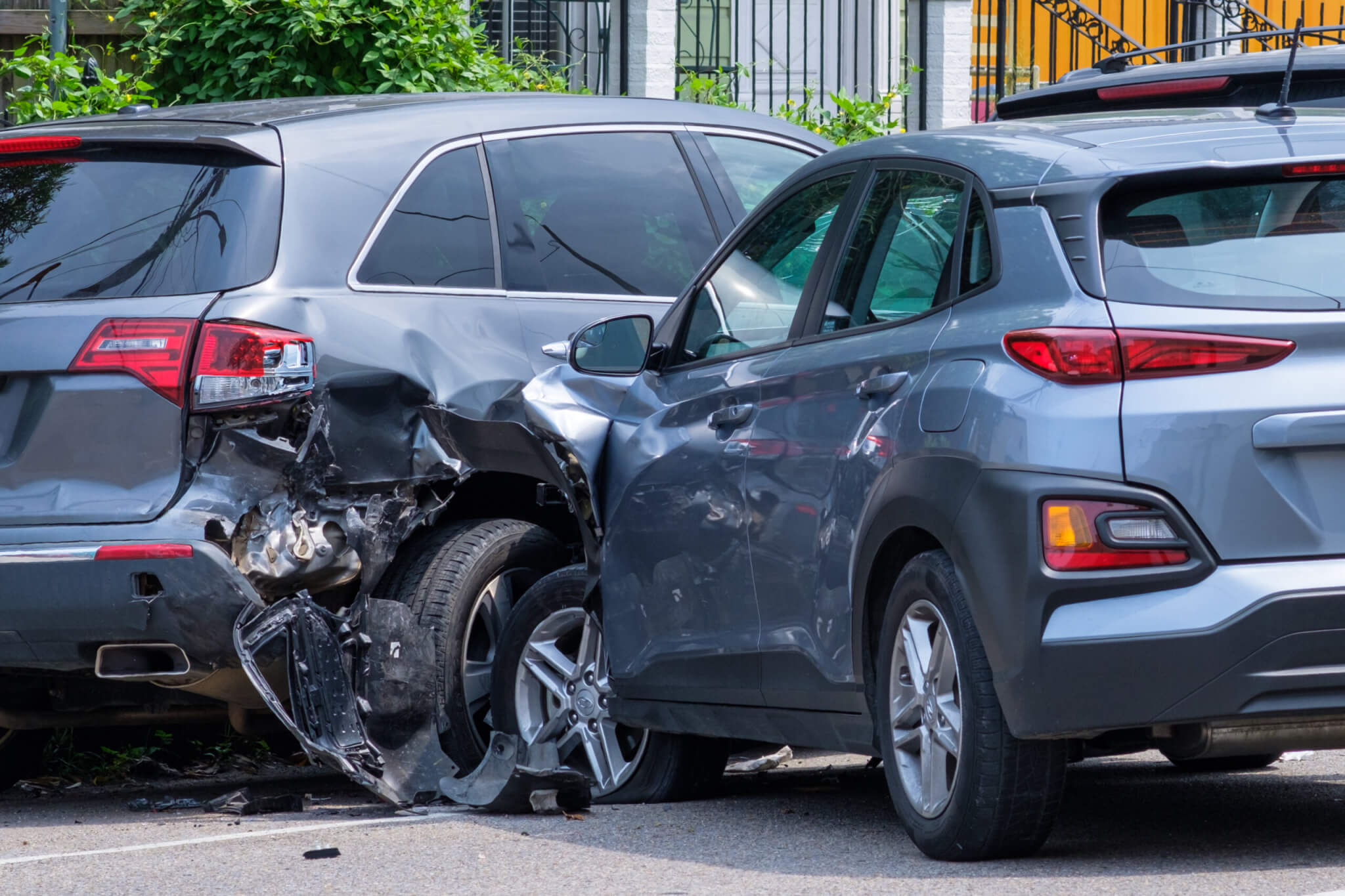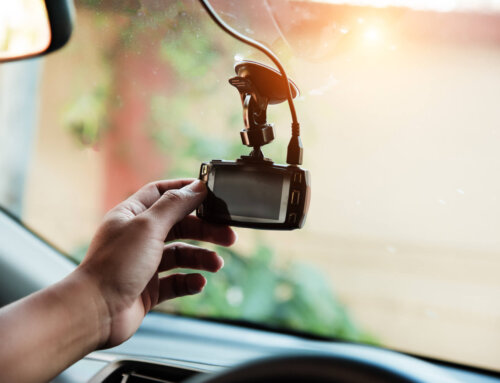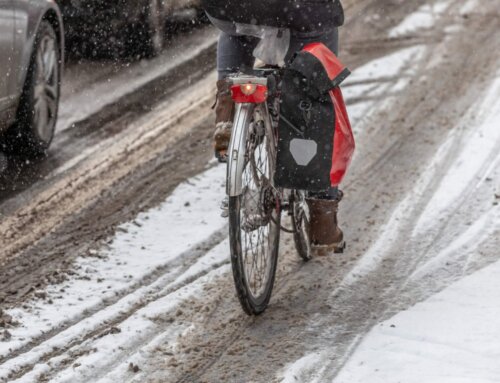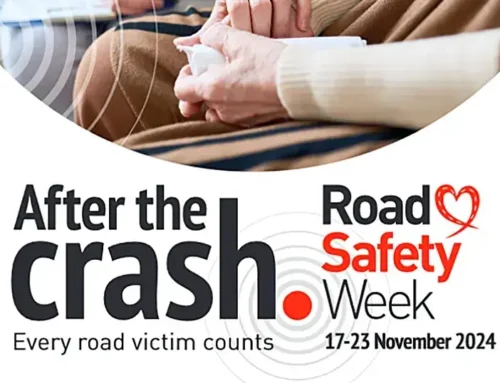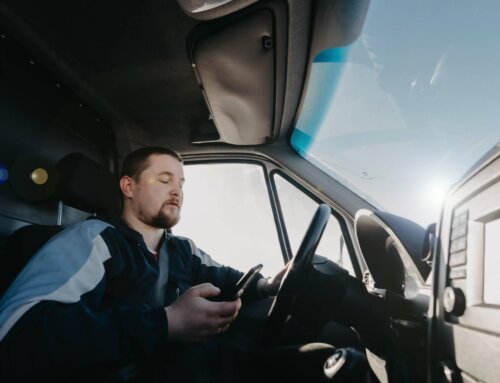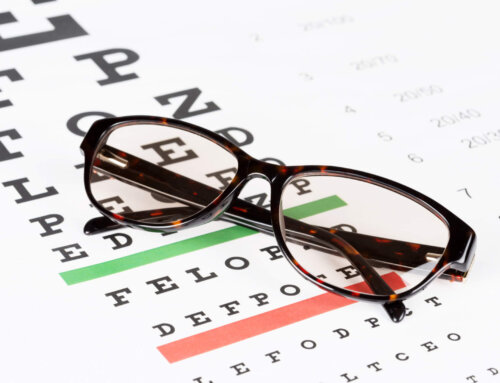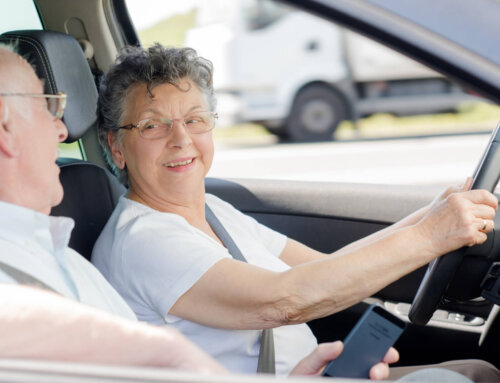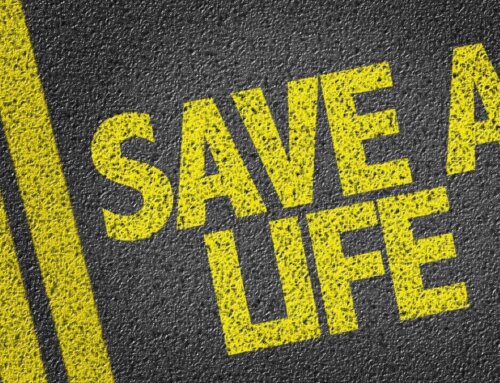Many of us will be involved in car accidents of varying degrees of severity during our lifetimes. Equally, most of us can attest to the fact that involvement in even a minor car accident, resulting in little or no injury, can be a frightening experience. The sound of grinding metal, the screeching of brakes and the smell of burning rubber alone can leave us in a state of shock.
Unsurprisingly, road traffic accidents represent the most common cause of personal injury in the UK. Government statistics report 135,480 reported casualties on Britain’s roads in 2022, with car occupants making up 55% of those injured.
In the wake of a car accident, those involved are often unable to think straight and unsure what to do next. However, taking the proper steps is essential to ensure your safety, protect your rights, and minimise long-term damage. We’ve put together ten tips about what to do following a car accident.
1. Stop
To advise you to stop after an accident might sound like we’re stating the obvious. None of us would ever leave the scene of an accident without stopping, would we? In theory, ‘no’, but when thought processes become scrambled by panic and shock, the ‘fight or flight’ reaction can kick in, and some people choose the flight option in a moment of panic.
However, failing to stop after an accident is a criminal offence under the Road Traffic Act 1988. Section 170(2) of this Act of Parliament says that if, whilst driving a motor vehicle, you are involved in a motor accident in which damage or injury was caused to another vehicle or person other than you or your vehicle, you must stop.
In addition, after stopping, it’s most likely you’ll get asked to exchange your contact details with at least the other driver(s) involved (See number 4. Exchanging information below)
Remember, if you are involved in a car accident, make sure to stop, take a breath and either turn off the engine immediately or when you have moved your car to the nearest safe spot. You should put on your hazard lights and exit the vehicle when it is safe to do so.
2. Seek medical attention
Thankfully, most injuries sustained in car accidents are minor, with the most prevalent being whiplash and neck pain, according to Government figures.
However, car accidents sometimes result in more serious injuries than bumps, bruises and minor cuts. Call an ambulance immediately if you or anyone involved in the accident appears to be unconscious, suffering breathing difficulties or otherwise severely injured.
Even apparently slight injuries can be more severe than they may first appear or may worsen over time. So, you should seek the appropriate medical attention as soon as possible following an accident.
Check your injuries for any signs of deterioration or the onset of other troublesome symptoms; seek ongoing medical help where necessary. Your doctor’s notes can be useful evidence for a future injury claim.
3. Don’t admit fault
After an accident, it’s easy to accept blame when dealing with intense situations, particularly if others involved become aggressive. You may admit liability despite the accident not being your fault in the first place!
However, admitting fault at the scene can adversely impact any claim you subsequently choose to pursue. The fundamental aim of personal injury law is to compensate victims for the negligence of others. Admitting the accident was your fault will make it difficult to convince the Court otherwise. This is true even if you were not to blame.
4. Exchange information
The Road Traffic Act compels anyone involved in an accident to give their name and address, the vehicle owner’s name and address and the vehicle’s identification marks to anyone with reasonable grounds for requesting the details. As well as providing your details, make sure to take down those of the others involved in the accident and those of any witnesses.
5. Document the scene
Take photographs of the scene of the accident to use as evidence in any subsequent personal injury claim. Your ever-present mobile phone comes in handy here! You can take time-stamped photographs of any relevant road conditions or hazards, damage to your car or belongings, harm to any other vehicles, and any injuries sustained by you or others.
6. Call the police
Under the Road Traffic Act, if you do not give your details to Police Officers at the scene of the car crash, you must report the accident to the police within 24 hours. If you don’t, you may be guilty of an offence.
7. Notify your insurance company
Most insurance policies oblige the policyholder to inform the insurance company of a crash, even if you do not wish to make a claim. If you fail to do so, you risk invalidating your policy. You should check the wording of your policy documents carefully for any applicable reporting requirements and time limits.
8. Make a note of the incident
Our memories of events inevitably fade over time, and it can sometimes be difficult to recall with any accuracy the circumstances of an accident when called upon to do so months or even years down the line.
You can mitigate this by making a written or digital note of your recollection as soon as you feel up to it. Document the events leading up to the accident, the accident itself and the immediate aftermath. It is a good idea to include particulars of your conversations with the other parties and any witnesses and detail the nature and severity of any pain and injury sustained.
9. Keep records
The effects of some injuries can be long-lasting. Your pain may be relentless, and you may need to make numerous visits to your GP or the hospital for treatment. You may need to take time off from work and lose income. It would help if you noted every consequence, whether physical or financial, that can be traced back to your accident in the following weeks and months, no matter how trivial it seems. The more detailed this information is, the better. Should you pursue a car accident claim for compensation, your contemporaneous notes will form the basis for your witness evidence.
A proportion of the damages (compensation) awarded in most successful personal injury claims is for monetary-based losses. Lawyers call these Special Damages, as opposed to General Damages, which compensate you for the pain, suffering and inconvenience caused by the injuries you suffered in the accident.
Special Damages may include medical expenses, loss of earnings, the cost of rehabilitation services, travel expenses to visit consultants or therapists, etc. Keep receipts for all outgoings, whether or not they seem relevant; our expert personal injury solicitors will review them and flag up those items they consider appropriate to include in the claim.
10. Seek legal advice
It saddens us to hear clients telling us they were initially reluctant to make a personal injury claim for fear of being labelled ‘an ambulance chaser’. People shouldn’t be put off from claiming compensation for an injury caused by someone else’s carelessness. The law expressly recognises that anyone hurt in an accident that wasn’t their fault is entitled to compensation.
Making a personal injury claim is not some underhand attempt to cash in on your injuries. It is a valid means of holding to account those responsible for causing you harm. The damages you receive do not constitute a windfall. They represent the financial support the law says you are entitled to.
When you ask Mooneerams for legal advice, we will listen with empathy and understanding as you explain the circumstances of your accident and its after-effects. We will swiftly assess the merits of your claim and, if we believe it sufficiently strong, will advise on the best course of action. Sometimes, litigation is unavoidable, but the vast majority of personal injury claims never reach trial, settling either before a claim has even been issued or at some stage during the claims process.
Call Mooneerams now on 029 2048 3615 or fill in your details in the box on this page. We handle most car accident claims on a No Win No Fee basis.

